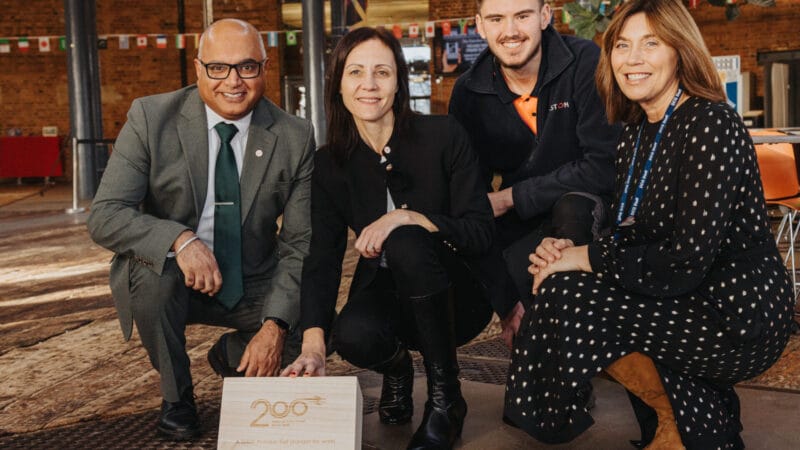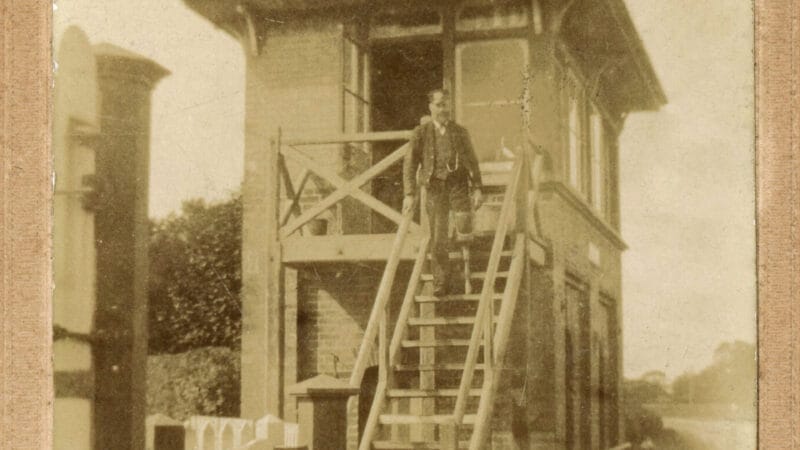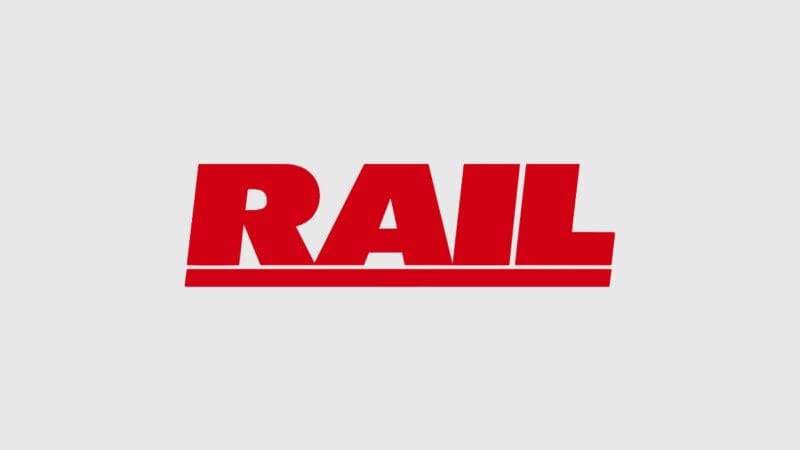My interest in railways started at the age of four, which I can almost certainly attribute to my grandfather, Charles (Charlie) Cornell, a life-long railwayman, based at Fratton Engineers dept working for the Gas and Water section.
He was born on 13th November 1899 to Charles and Florence Cornell at No.9 Butcher Street, Portsea, in Portsmouth. His birthplace had once been the Leopard Tavern, before becoming a lodging house around 1896. His father was an African American from Connecticut who settled in Portsmouth around 1894 as a street performer, who boasted that he had been part of P T Barnum’s American circus coming to London in November 1889.
Growing up in the poor living conditions of Portsea and of mixed race, Charlie’s childhood was more than likely challenging. However, after attending Portsea Beneficial School, he left aged almost 14 on 7 October 1913. Whilst it may not have been his first choice, joining the railway at an early age would lead to a lifetime of employment. Although the railway companies didn’t always see it that way. As I understand, initially he was only ever employed on a temporary basis. Although further investigation is required, I believe some elements of the railway companies operated a colour bar, which meant limited employment opportunities for my grandfather. Although I believe my grandfather was treated well by his colleagues, it was the railway companies that might have been institutionally racist.
The earliest record of his employment is in the 1921 census, which shows him living with his parents, in Portsea, working as a “Painters Labourer for the Joint L&SWR and LB&SCR building department, Fratton Engineers dept.”
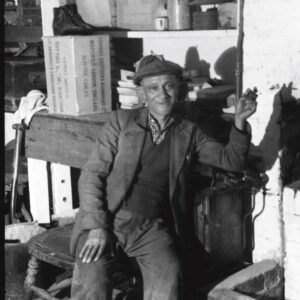
When he married Daisy White (my grandmother) in 1925 his occupation was listed as Railway Shopman. A year later he joined the National Union of Railwaymen. The general register of members showed he joined the Portsmouth Branch, in April 1926, membership no. 374640, it lists his grade as Railway Labourer. Joining at around the same time was Thomas E Bryan, also shown as a railway labourer – he was Charlie’s Brother-in-Law, having married his sister Eva in 1922. On his children’s birth certificates between 1926 and 1931 his occupation is recorded as Railway Labourer.
The 1939 Register now records his occupation as a Plumber’s mate and living in Cosham. Sadly, his first wife, Daisy, died in 1943. When his daughter married in 1946 his occupation was listed as Plumber Southern Railway. In 1953 he would go onto marry Winfred Pratt, who had been the manageress of Portsmouth & Southsea station refreshment rooms. From now on his occupation was recorded as a Plumber, British Railways.
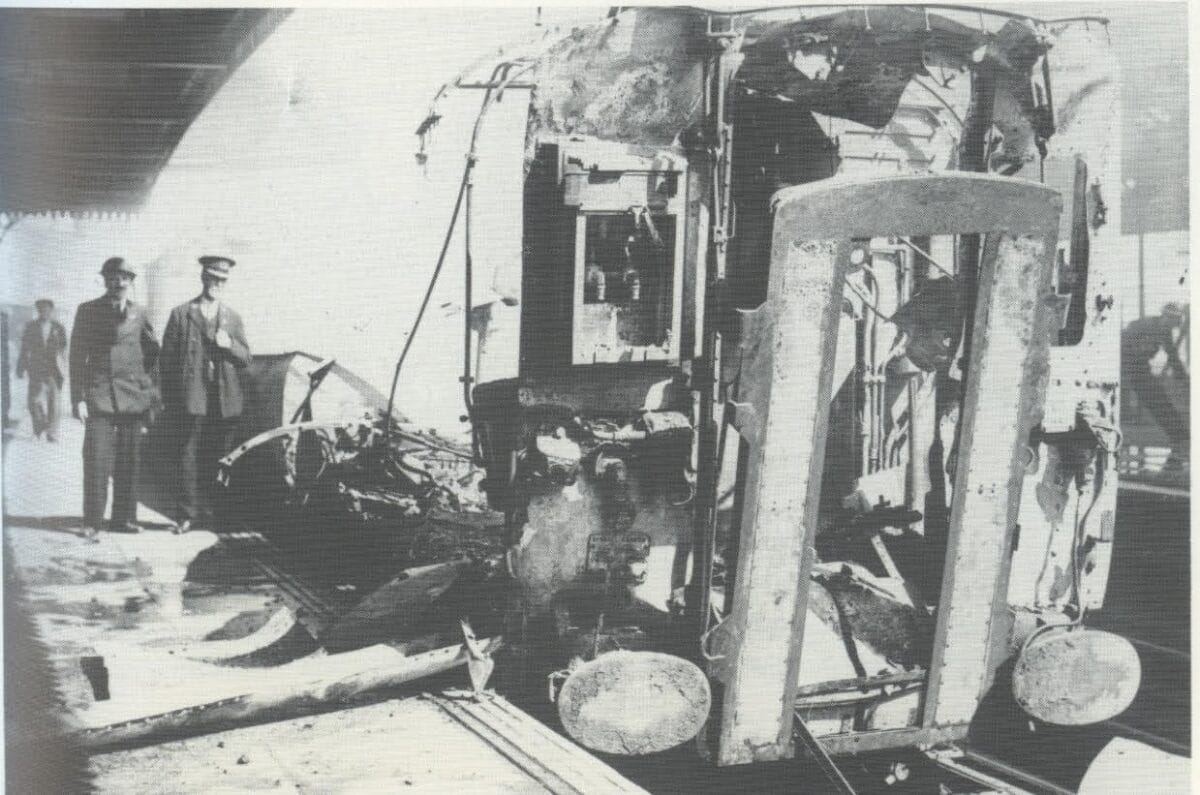
From 1939 he would have been regarded as an essential war worker and would have encountered many dangers, as illustrated in the photo above. I believe the man strolling down the platform (far left) is my Grandfather coming to fix the burst water main. During this period, he was a member of the Railway’s home guard, I believe his platoon was responsible for Fratton Goods Yard; his service to the Country earned him the 1939-1945 Defence medal, which I still have in the box it was sent in.
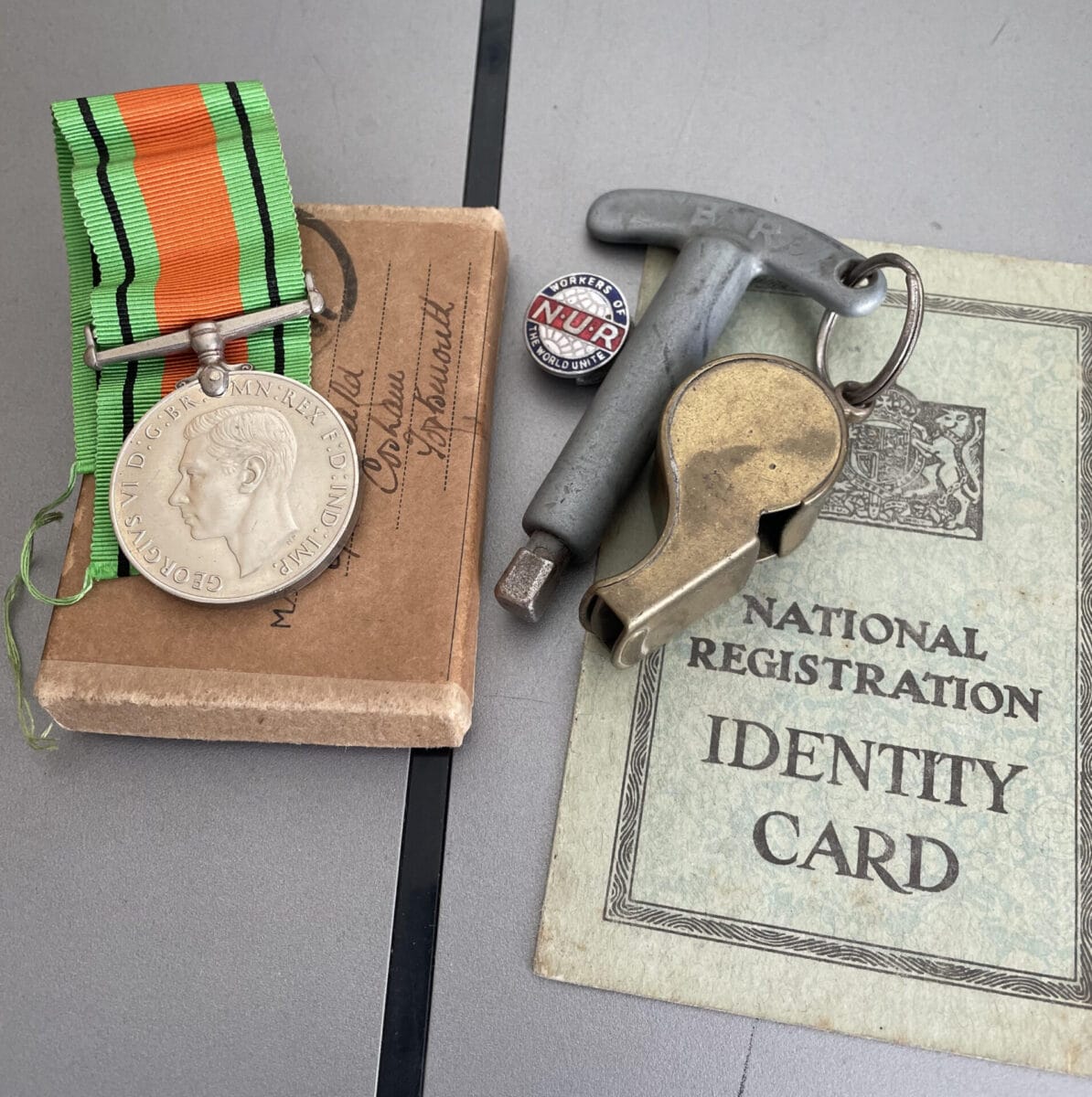
Although his main trade was a Plumber, he was a jack of all trades, judging by the various tools he left behind in his shed when he died in 1977. As part of the railways building department, he was also a lock smith and an excellent carpenter. To supplement his wage, he helped paint street adverts that would often be found on the ends of houses. Due to his thirst for knowledge, he was known to his work colleagues as NRC (Never Wrong Cornell), which of course he delighted in telling them that, wrong was not spelt “Rong“.
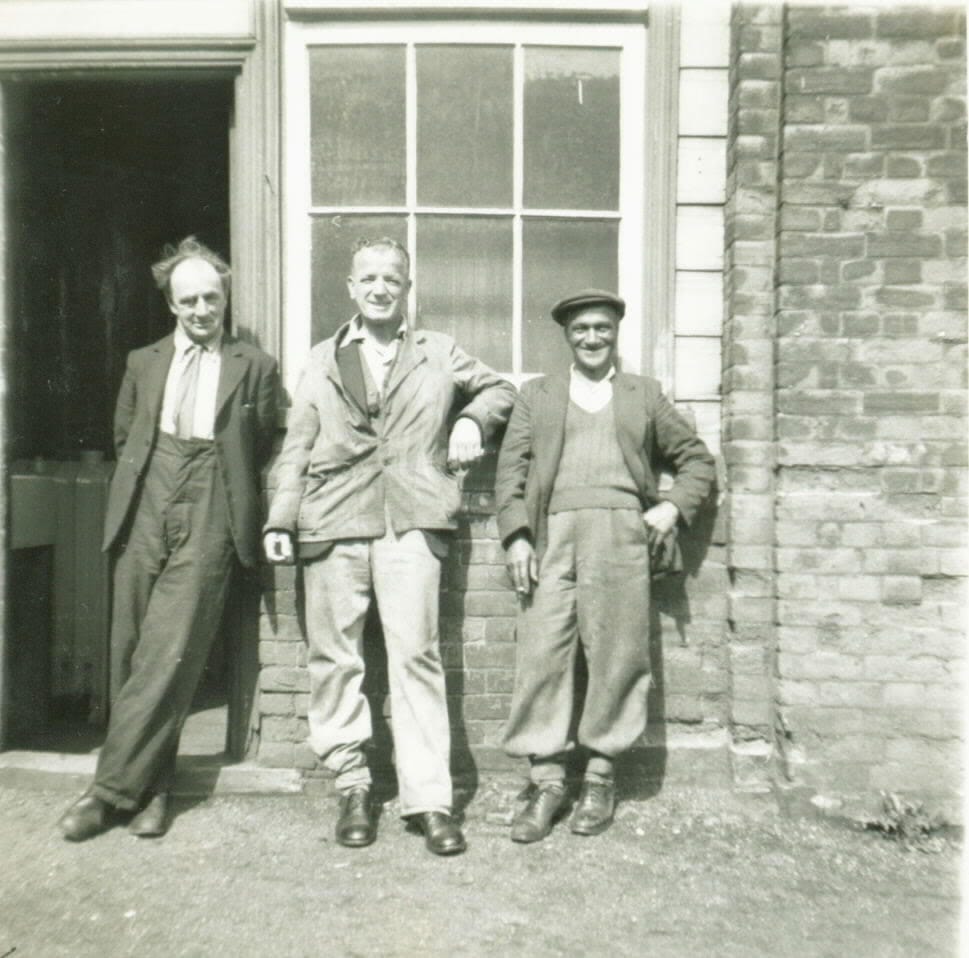
I talked to him about working for the for the joint London & Southwestern and London Brighton South Coast railway companies, which he recalled was interesting as the administration changed every five years. He also mentioned the changeover between the Southern Railway and British Railways; additional roles were created for example, inspector of level crossing lamps. He spoke about how only foreman/senior men were allowed to wear bowler hats. On one occasion a fellow worker wore a bowler to his wedding, was seen by his boss and was promptly sacked, even though he was off duty, such was the power of the management over its workers.
Although his area of work was mainly confined to the Portsmouth area, I believe a Sunday working agreement meant that it would not be unusual to venture to places such as Nine Elms to replace a tap washer.
On many a visit to him in the mid-1960s as a child I can recall seeing him curled up, like a dormouse, on the floor in front of coal fire, after a day’s work. My mother always referred to him as horseshoe face as he was always lucky, when it came to winning raffle prizes etc. I think luck was on his side, because I’m not aware of him having any accidents at work, but more likely his attention to detail kept him safe.
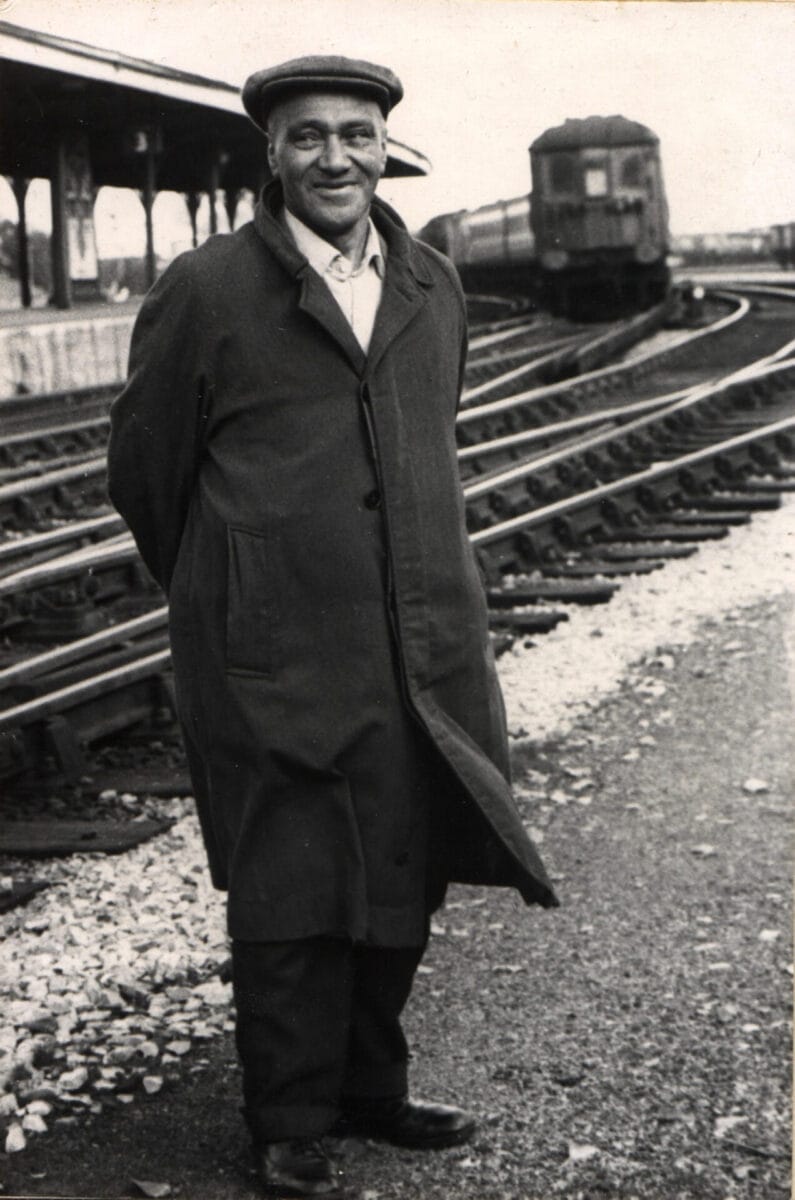
When his second wife died in April 1968 he was recorded as retired, but I believe only by a few years. Sitting pride of place in my study is his official BR retirement picture, taken trackside at Fratton station opposite platform 3, with an electric unit parked in the background. His is wearing a full-length coat, which is almost certainly black and not hi-visibility, as would be required today.
For a short while between 1956-1960 my father, Donald Cornell, a keen photographer, was employed as a Railway Gas fitters assistant and would have worked alongside his father, taking many of these photographs.
This blog was originally published on the Railway, Work Life and Death website, a joint initiative between the University of Portsmouth, the National Railway Museum (NRM) and the Modern Records Centre at the University of Warwick (MRC).
Home – Railway Work, Life & Death
